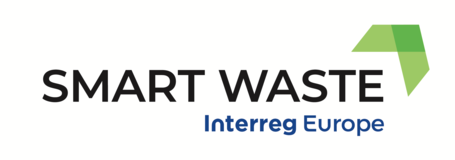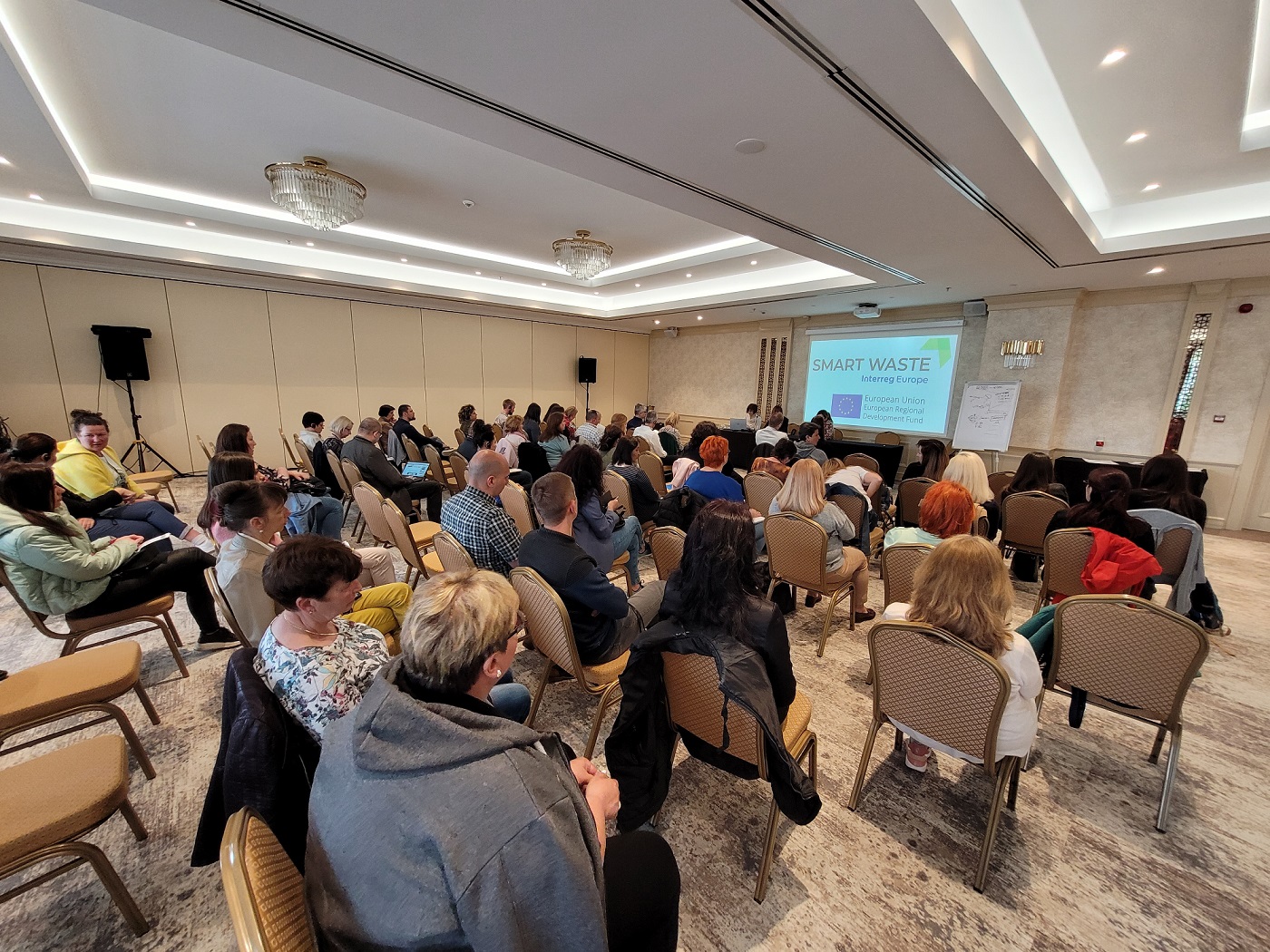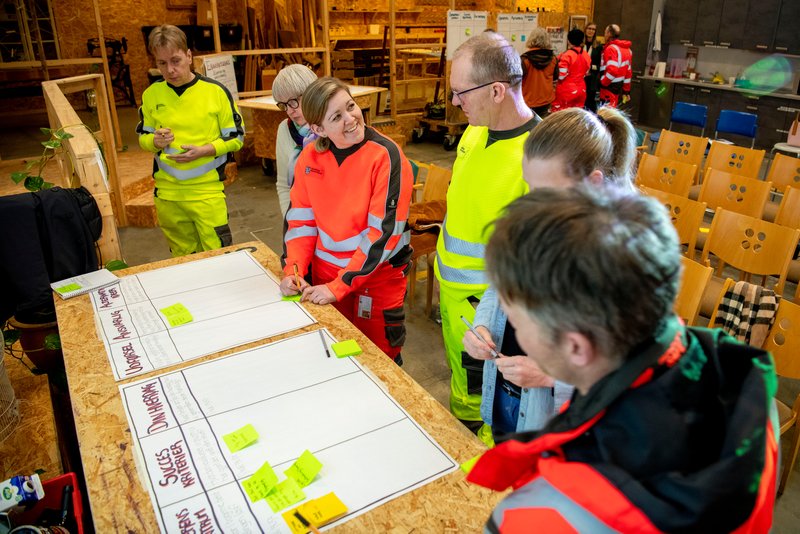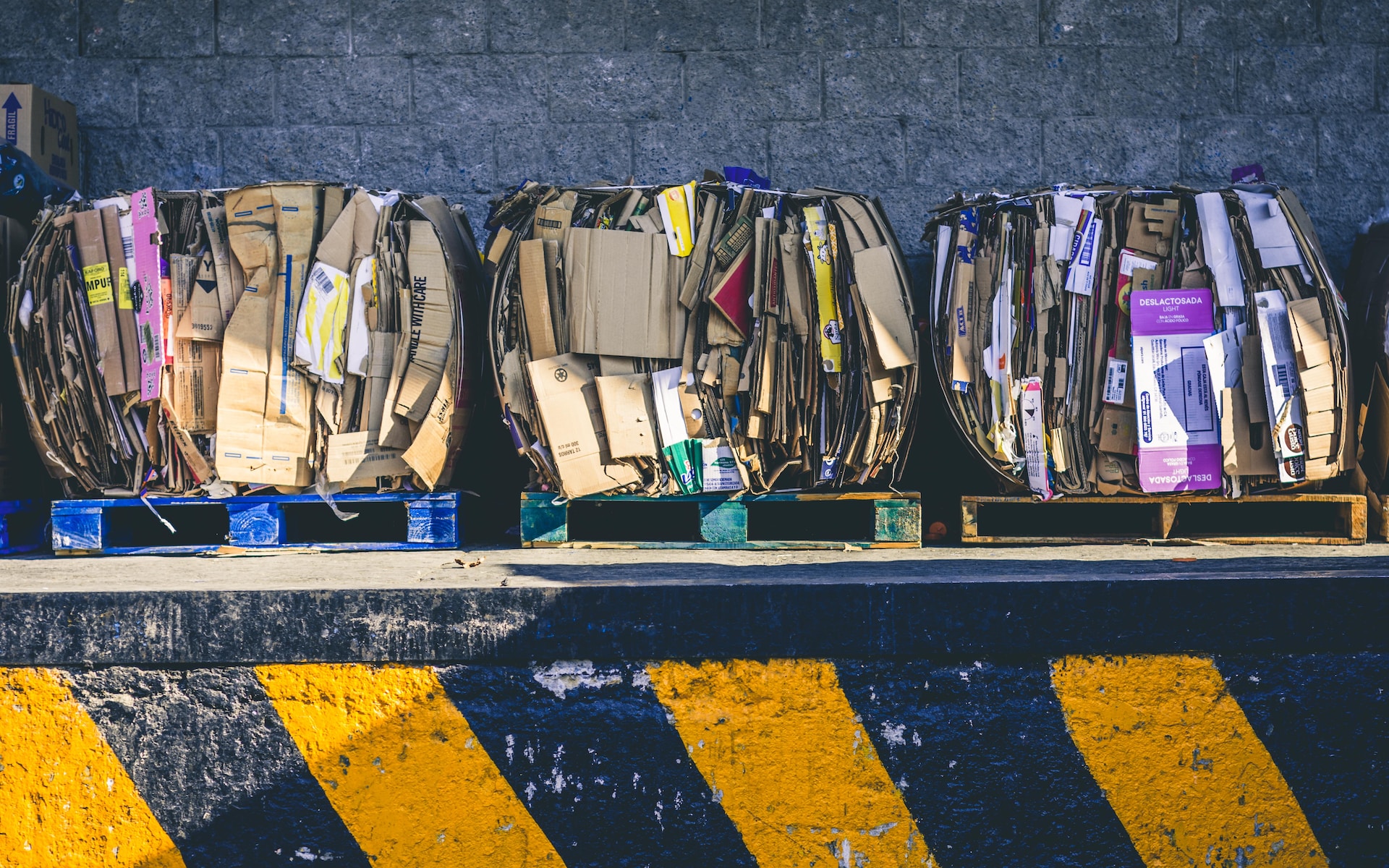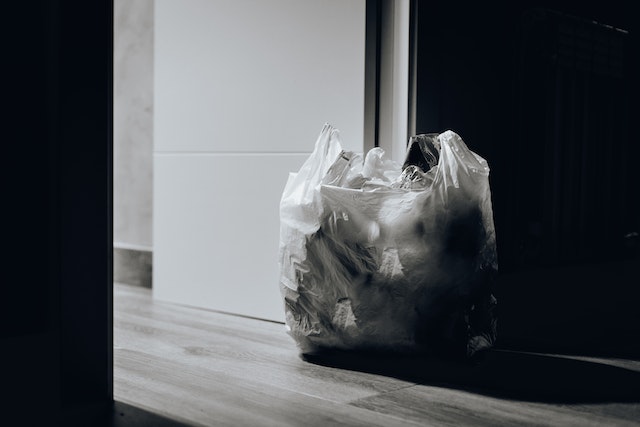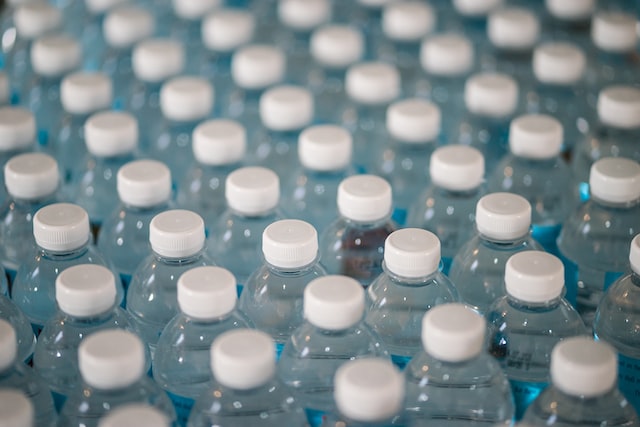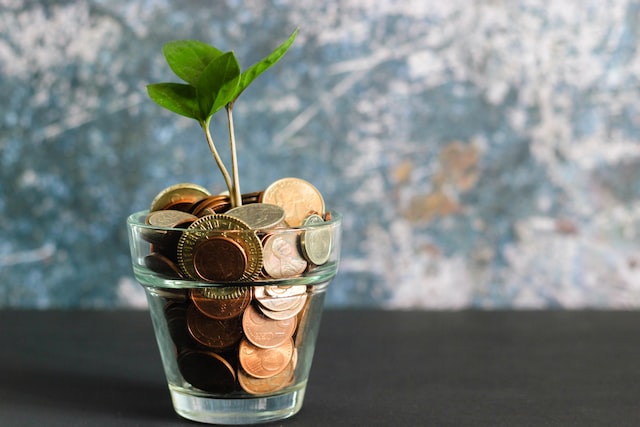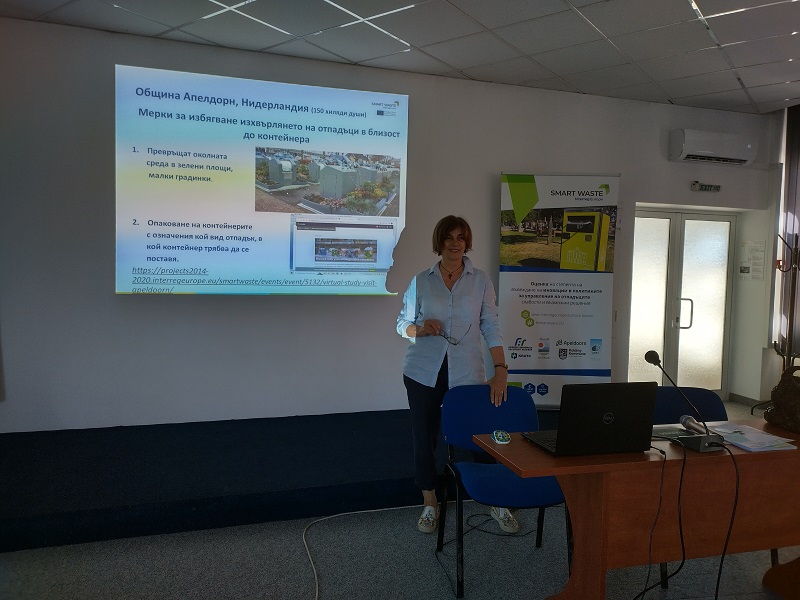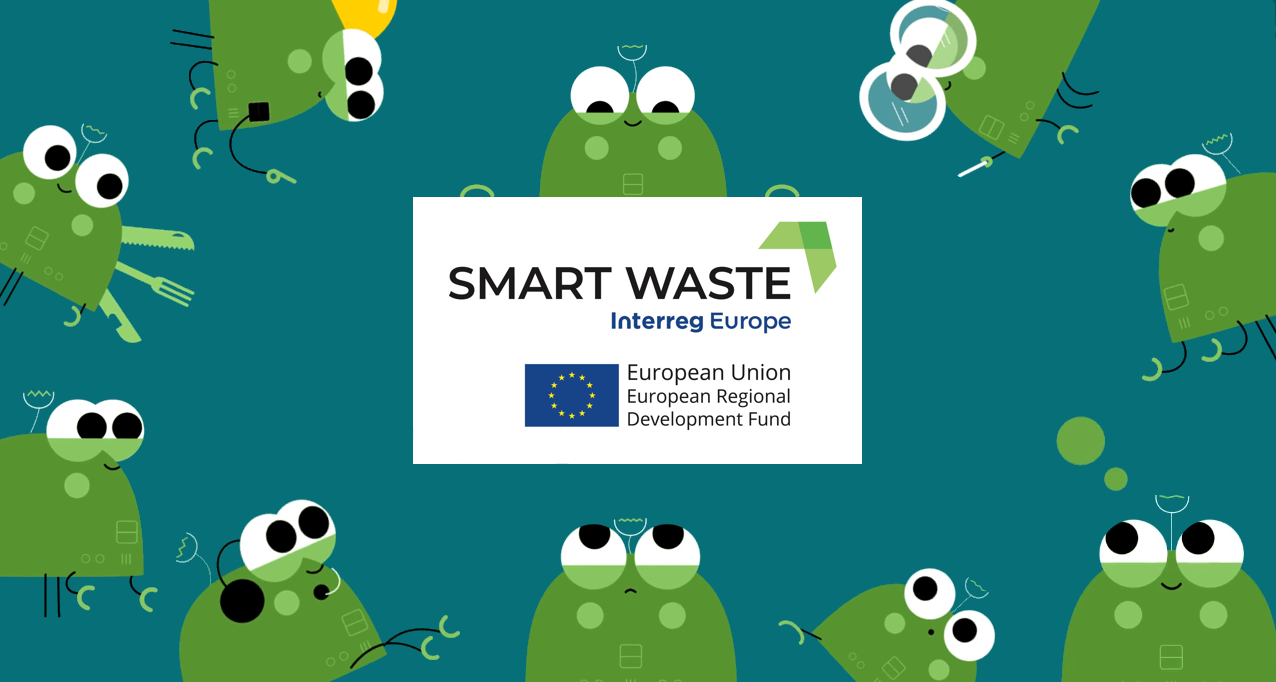The responses to COVID-19 have resulted in increased use of certain products made from long-lasting single-use plastics, according to a new EEA briefing “Impacts of COVID-19 on single-use plastic in Europe’s environment”. Increased production and consumption of masks and gloves and certain types of food packaging resulted in additional greenhouse gas and other emissions, as well as litter that can harm ecosystems and animals. The briefing outlines several responses to be better prepared for future disruptions and uncertainties, including research on alternative materials and product designs, strategies to reduce littering, options for sanitising medical products, better recycling, and circular business models.
The EEA briefing is underpinned by a technical report by the EEA’s European Topic Centre on Waste and Materials in a Green Economy (ETC/WMGE). ACR+, one of SMART WASTE partners, contributed to this report through its work on the impact of the COVID-19 pandemic on municipal waste management systems.
Read the ACR+ report here.
ACR+ ran a survey in the first half of 2020 targeting municipal and local authorities (or their waste operators) to understand and assess the impact of the COVID-19 on their waste systems, in particular regarding the services provided, the quantities collected, health and safety measures, finances and communication to users. Following the survey, the network published a report. It discloses the main information and trends coming out of the survey and provides an overview of the measures taken by local authorities to tackle the first wave of the COVID-19 pandemic and the lockdown measures during the first wave. Local data were collected to analyse the impact of municipal waste generation and sorting performances. Besides, several illustrations of good practices addressing key challenges are also highlighted.
